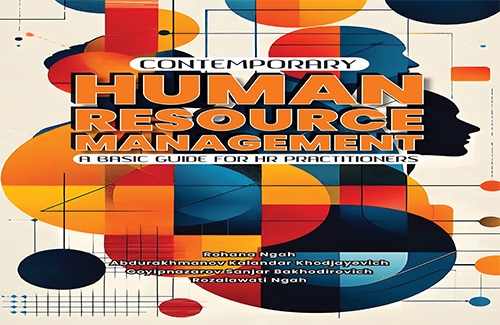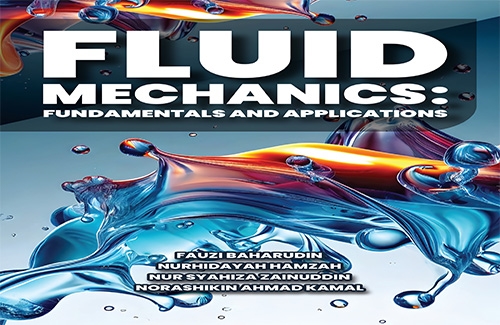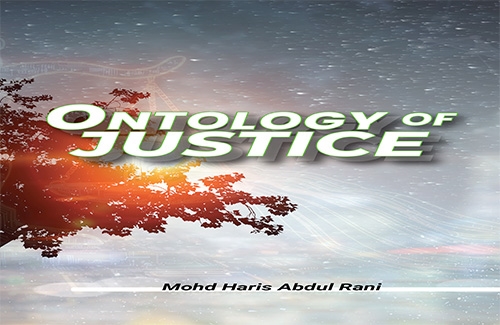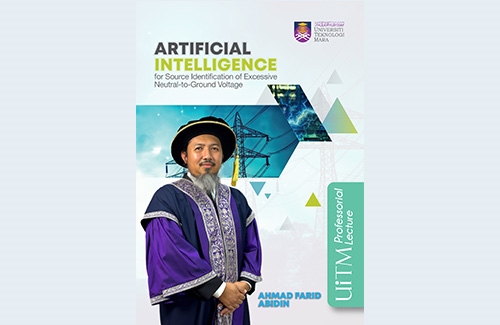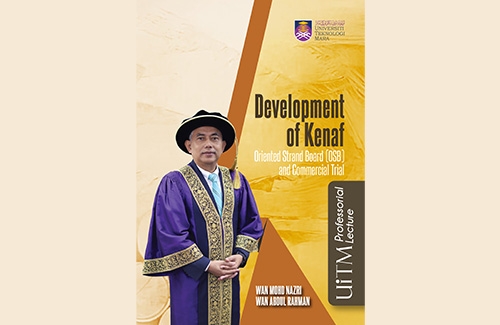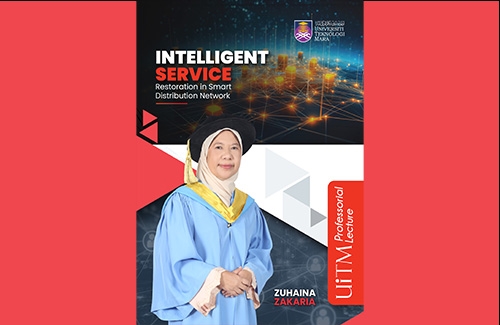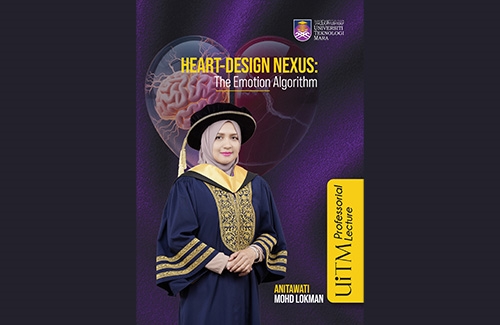Empirical Evidence On Child Abuse In The Malaysian Context
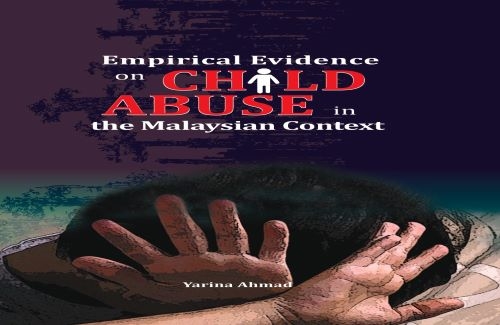
The emergence of child abuse as an issue of public concern in Malaysia is formally discussed in the 1970s, following the international workshop on "battered-child syndrome" in the United States in 1962. Malaysia has gained significant prominence, and the subject was catapulted into the public's attention in 1990 by the event and media attention surrounding the tragic death of 26-month-old B. Balasundaram.
Following the tragic Balasundaram case and the establishment of the Teledera hotline service in response to public concern about the inadequacy of measures to prevent such abuse of children, there was a sudden increase in reports in child abuse cases recorded by the authorities. The number of reported child abuse cases in Malaysia continues to rise until recently; yet, this number is argued as "the tip of the iceberg", where many cases went unreported. While Malaysia has undertaken a number of significant actions such as the development of the Child Act 2001, the amendment Child Act (Amendment) 2016, Child Policy 2009, Child Protection Policy 2009, programs and initiatives; the seriousness of child abuse issues in Malaysia continue to be debated. This book explores the understanding of Malaysian parents on the definition of a child, definition of child abuse, reporting and under-reporting child abuse cases and finally, parents' perceptions on a different form of child abuse (physical, sexual, child abandonment, neglect, and emotional abuse) - these are empirical evidence based on a survey of 900 participants, in-depth interviews with 7 key participants (parents in Kuala Lumpur) and 3 key persons representing the Suspected Child Abuse and Neglect (SCAN) Team, Department of Social Welfare and Child Protection Unit. The overall findings revealed a different pattern of understanding of child abuse in Malaysia across gender and ethnicity.
Fathers tend to acknowledge physical abuse when the actions are more severe as compared to mothers. Further, fathers are more willing to take action to report any physical child abuse incident they observed. On the other hand, mothers are more concerned about sexual child abuse cases, while fathers are reluctant to acknowledge sexual child abuse and child abandonment baby dumping) issues. The empirical evidence on child abuse in the Malaysian context shared in this book provides useful insights for all parties to ponder and further take proactive action to prevent child abuse in the country.
Everyone in this world needs to play their roles in providing child development, participation, survival, and security as important elements in upholding child rights and protection.
Instructor Biography
Dr Yarina Ahmad is Head of Strategic Planning at Centre for Strategic Planning and Information, Universiti Teknologi Mara & member of Malaysian Society for Higher Education Policy and Research Development.
Related Courses
Copyright © 2025 MindAppz Sdn Bhd. All rights reserved.

